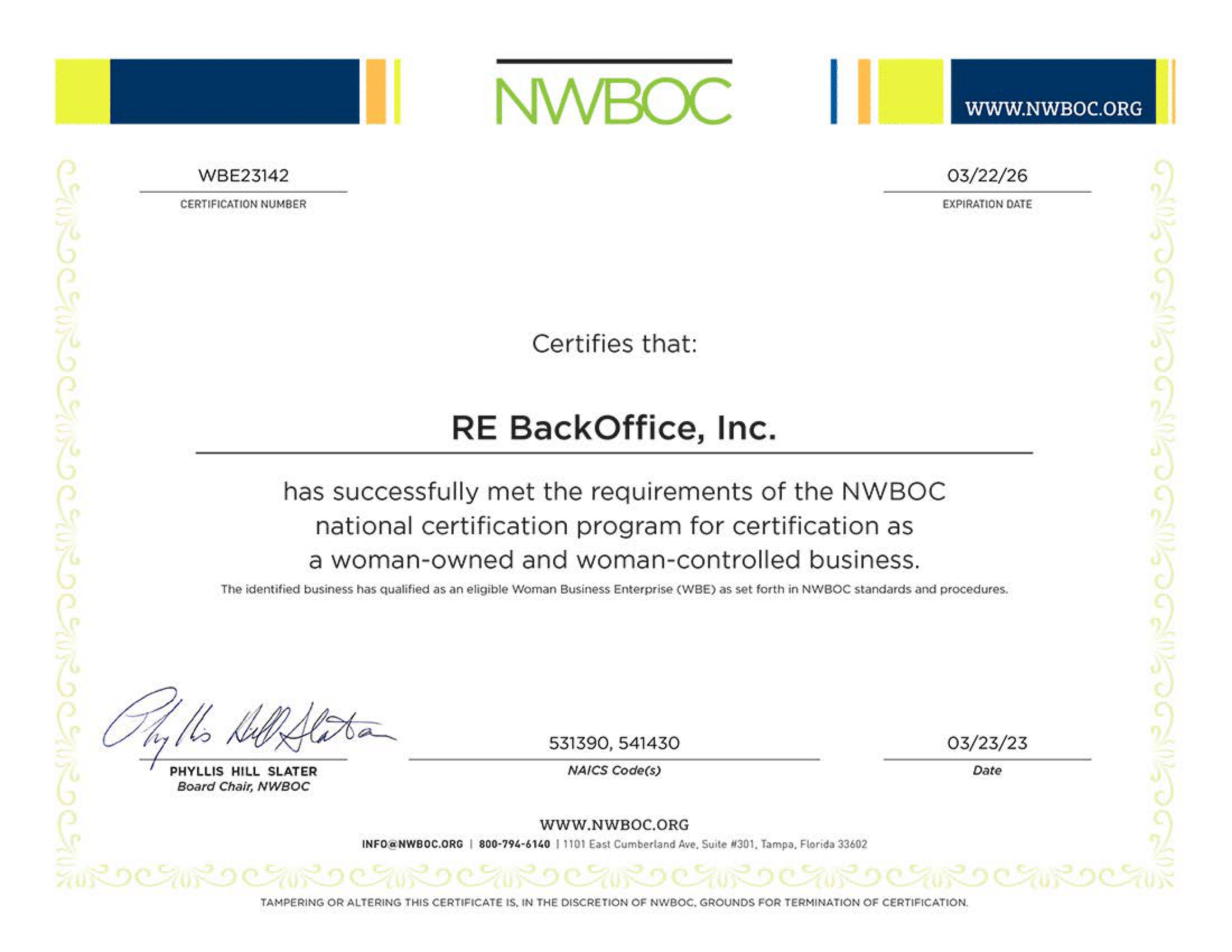Lease administration is the process of monitoring and managing lease agreements to ensure all critical obligations, especially, financial, are fulfilled in a timely and accurate manner. Examples include rent payments, lease renewal, notice requirements, compliance management, etc. This blog discusses lease administration from a tenant’s perspective and the various elements that are a part of it.
Key Elements of Lease Administration
Lease Abstraction: Lease abstraction is the process of summarizing critical financial and non-financial data from lease agreements. Examples include lease terms, rent amounts, renewal options, key dates, etc. Lease abstraction is the first step in the lease administration process as it provides easy access to key lease data which is very important for on-going lease administration.
Managing rent payments: As a tenant, it is important to ensure that you make your rent payments on time and are aware of any late fees or penalties. Lease administration involves managing rent payments, which includes tracking rent payment due dates, having payment reminders and ensuring the rent is paid on time so as to avoid any penalties such as late payment charges. Your lease administration team is also is responsible for reviewing the lease clauses related to rent increases and confirm if the rent amount increases specified by the landlord is correct and process the payment if it is accurate while contesting it if the landlord’s calculations are not accurate.
CAM Reconciliation: Common area maintenance (CAM) reconciliation is perhaps one of hte most crucial lease administration tasks. CAM charges refer to the costs associated with maintaining and operating shared spaces of the rented property, such as lobbies, elevators, parking lots, and common areas in multi-tenant buildings. However, CAM charges are not fixed and can vary from year to year, based on actual expenses incurred. This is where CAM reconciliation comes in – it is a process that ensures that tenants only pay their fair share of the CAM expenses, based on the actual costs incurred by the landlord. CAM reconciliation is considered as a significant element of the lease administration process as it serves as an important tool for maximizing lease portfolio savings.
Lease Renewal: Lease renewal clauses are very important for tenants in the sense that they provide them the opportunity to continue with a profitable lease or to exit out of an unprofitable one. In most cases, if you intend to renew your lease, as a tenant, you will have to provide the landlord with a notice expressing your intent to renew the lease. Your lease will usually also stipulate a timeframe within which the notice is to be provided and such notice is usually a couple of months or days prior to the expiration of the then current lease term. In some cases the renewal clause may also mention the rent for the new term, that you would owe the landlord and the duration of the next lease term should you choose to renew the lease. Sometimes, leases have automatic renewal clauses in which case, the lease automatically renews for the next term at a said rental rate if the tenant doesn’t provide a notice to terminate it. In both cases, as we can see, there’s a need to provide notice to the landlord within a stipulated period before the existing lease term expires. As a tenant, it is important to be aware of the lease renewal process and any changes to lease terms that may occur. Lease renewal is an essential part of lease administration.
Estoppel certificate processing: An estoppel certificate is a legal document that outlines the key terms and conditions of a tenant’s lease agreement and confirms that the information provided is accurate and true to the best of their knowledge. It is typically used by landlords in discussions with potential buyers or lenders seeking to secure a loan with interest in the property. The responsibility of creating estoppel certificates usually falls on the tenant. Tenants are typically given a window of 10-20 days to submit the estoppel certificate to their landlord, and the lease administrators within the tenant’s organization are responsible for processing the estoppel notice promptly.
Security deposit management: As a guarantee for fulfilling lease obligations, tenants pay a lump sum amount known as a security deposit to their landlords, which is usually refundable at the end of the lease term, assuming the property remains undamaged and all lease obligations are fulfilled. It is the landlord’s responsibility to return the security deposit within the timeframe specified in the lease, and failure to do so may result in the landlord being liable to pay a penalty to the tenant. It is your lease administration team’s job to follow-up with your landlord to ensure that your security deposit amount is received on time and is accurate.
Commencement date letters: The management of commencement dates and rent commencement dates are critical tasks for lease administrators. Tenant lease administrators are responsible for reviewing the lease commencement letters received from landlords and ensuring the information therein is accurate. They are also responsible for updating the information in the lease administration software platform of the tenant.
Liasoning services: Liasoning with the /landlord/other parties for lease-related processes and ensuring such processes run smoothly and are taken care of on time is also an important element of lease administration.
Outsourcing lease administration can be an excellent option for tenants who do not have the time or resources to manage their growing lease portfolio effectively. By outsourcing, they can benefit from the expertise of experienced lease administration service vendors who have the knowledge and tools needed to efficiently manage large lease portfolios. Outsourcing can also reduce the risk of errors and ensure compliance with lease agreements, saving time and money in the long run.
Rebolease.com, powered by RE BackOffice, Inc., is a premier provider of lease abstraction, administration, audit and accounting services. Headquartered in Pittsburgh, PA, we are a global boutique firm, providing high-quality services to top-tier clients across industry verticals, covering every type of lease and on any lease platform. We are proud to be a trusted partner, for 17+ years, to leading retailers, REITs, property owners/managers, and corporate accounts seeking a strategic advantage. All client projects are performed in-house.






